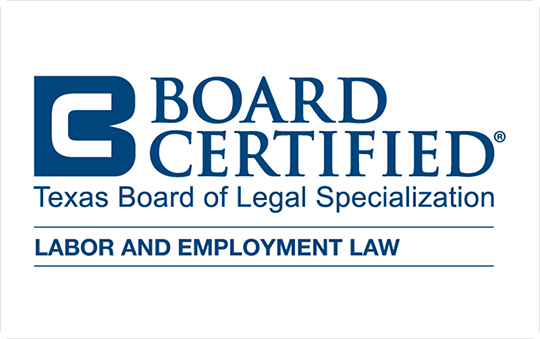A past client contacted me and asked: “how do I revoke my Will?” (I am always grateful when past or present clients contact me with questions before it’s too late.) I told him how and at the same time I asked the more important question: “why do you want to do that?” The “how” is the easy question. The tougher question is the why. The answer depends on many factors. Here is a summary of my answers.
What methods are recognized in Texas for revoking Will?
When you revoke your Will, you are cancelling or eliminating your plan, and without a plan for where your stuff goes when you die, Texas law directs where your stuff goes. So, you must stop and think before you act. Texas law recognizes revocation by writing, physical act, and by operation of law. The law also recognizes a presumption of revocation under certain specific circumstances. (A presumption is a rule that allows a court to assume a fact is true until it is disproved or outweighed by other evidence. An example is coming.)
Can you revoke through another document?
The first method is the most common method of revocation. This is revoking a Will through a writing, such as a subsequent will, a codicil, or a declaration in writing. You must state your intention to revoke and sign it using the same formalities as when you signed your Will. The formalities include signing before two witnesses and a notary. Through revocation by writing, you may direct the revocation of the entire existing Will or a portion of it. However, if the subsequent document does not expressly revoke the prior Will or codicil, it does not necessarily revoke the entire document and operates as a partial or implied revocation to the extent it is inconsistent with the prior Will or codicil. This means the two Wills or Will and codicil are read together with your subsequently written Will or codicil controlling when there are inconsistencies between the two Wills.
What if I tear it up?
The second method is by physical act. You may revoke your Will by a physical act committed upon your Will that demonstrates your intent to revoke it. You could tear it, burn it, deface it, or destroy it. Someone else could do it for you provided you directed them to do it and you were present. There is no partial revocation by physical act. So, tearing or burning a page revokes the entire Will under Texas law. Still, stop and think before throwing your Will on the BBQ pit.
Does a divorce affect my Will?
A third method is by operation of law. A subsequent divorce eliminates all gifts and provisions in your Will affecting your now former spouse. Those provisions become void, and your Will is read as if your now former spouse had died before you. You should still consult with an estate planning attorney following a divorce to update your estate plan including your beneficiary designations for your retirement accounts.
However, you must realize marriage or the birth of a child after executing your will does not void any provisions in your Will. (The law offers some limited protections to your new spouse and new child, who aren’t mentioned in your Will.) Again, you should see an attorney about updating your Will, Advance Directives, and Account Beneficiary Designations following major life events, such as divorce, marriage, or the birth of a child.
What is a Rebuttable Presumption? And how does it revoke my Will?
Another way to revoke your Will is through a presumption. The presumption comes up when a court finds your Will is missing or lost, and it was last known to have been in your possession. This fact creates a presumption that you destroyed it with the intention of revocation. The presumption is rebuttable with evidence presented to the court establishing a contrary reason for your missing or lost will. This includes evidence showing other people had access to the location of your Will.
Should you revoke your Will?
There are a variety of ways to revoke your Will. However, my advice is don’t act impulsively or in anger. You must have a replacement before revoking it. It is important to state this again: when there’s no Will, the law directs who gets your stuff. So, don’t do anything rash when it comes to revoking your Will. You should discuss the reasons for your changes with an experienced estate planning attorney and with the benefit of the attorney’s advice you can decide whether you should revoke your Will.
If you have any questions about revocation or want to review your current Will with an experienced attorney, please don’t’ hesitate to contact me at [email protected] or at 210-880-1777. You’ll receive the personal attention you deserve.










